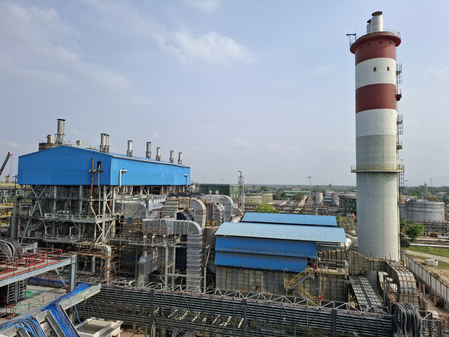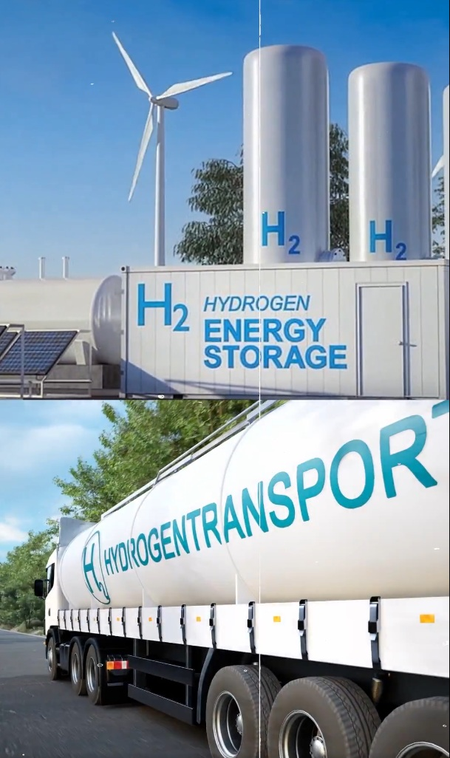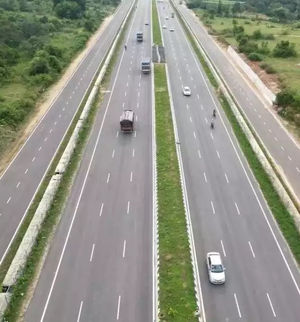
New Delhi, April 24 (IANS) India’s ethanol revolution is proving to be a game-changer, not only boosting farmers’ income and creating jobs but also saving the country billions in foreign exchange and reducing carbon footprint, Union Petroleum and Natural Gas Minister, Hardeep Singh Puri, said on Thursday.
According to the Union Minister, India’s ethanol drive has so far added Rs 1,07,580 crore to farmers’ earnings while saving Rs 1,26,210 crore in foreign exchange by curbing crude oil imports.
The Union Minister further highlighted that the government’s ethanol initiative aligns with Prime Minister Narendra Modi’s vision of turning ‘annadatas’ (food providers) into ‘urjadatas’ (energy providers).
“This initiative not only increases farmers’ income and creates jobs, but also helps save foreign exchange and is a boon for the environment,” Puri wrote on social media platform X.
As part of this green transformation, a bamboo-based, bio-ethanol refinery in Assam is now nearing completion and is set to significantly benefit the northeastern region.
The upcoming bio-refinery will have a production capacity of 49 kilotonnes per annum (KTPA). It will use bamboo — also known as ‘green gold’ — to produce ethanol, enhancing the income of nearly 30,000 rural families across Assam, Arunachal Pradesh, Meghalaya, and Nagaland.
Minister Puri also shared visuals of the site, calling it a symbol of sustainable development that blends economic growth with environmental consciousness.
“This bamboo-based bio-ethanol plant will usher in a new dawn for rural households and boost the livelihoods of thousands of bamboo farmers,” he added.
Reports suggest that PM Modi may inaugurate the plant in September this year.
“Domestically produced ethanol has also helped reduce the country’s oil import burden by 214 lakh metric tonnes and cut carbon emissions by 643 lakh metric tonnes,’ Minister Puri said.
Blending of ethanol increased to 12.06 per cent in ESY 2022-23, 14.60 per cent in ESY 2023-24, and 17.98 per cent in ESY 2024-25 (up to February 28, 2025).
–IANS
pk/na




